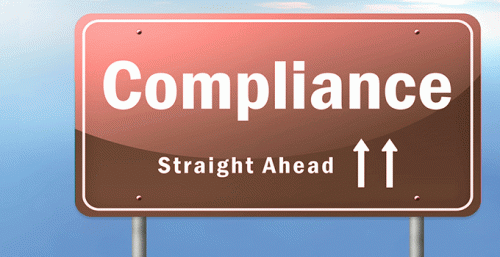People Moves
ING's Chief Financial Officer To Leave After AML Control Failure

Last week's heavy fine of the group sees its CFO depart.
The chief financial officer of Netherlands-based ING is leaving the bank after the lender was hit last week with one of the largest fines in the country’s history over money laundering control lapses.
Koos Timmermans will step down from his CFO role and executive board membership, and leave the company, it said in a statement yesterday. A search for a successor has begun.
Last week ING agreed to pay a total of €675 million ($784.6 million) in fines and €100 million in disgorgement after admitting to money laundering lapses in a six-year period.
“His resignation follows the announcement on 4 September 2018 of the settlement regarding shortcomings in the execution of customer due diligence policies to prevent financial economic crime at ING Netherlands,” the bank, which operates in a number of regions, said.
The problems at the bank add to those of other lenders, such as Denmark’s Danske Bank, which has been embroiled in a money laundering scandal centred on the Baltic region. The saga has prompted calls for a more pan-European approach to fighting dirty money. (See article here.) Rule breaches have seen some financial centres take harsh action, such as when Singapore banned BSI and Falcon Private Bank from the Asian city-state in 2016. To date, the largest fine imposed on a bank for control failings over illicit transactions was the $8.9 billion punishment of BNP Paribas, in June 2014.
The bank said that during the period of the investigation (2010-2016) Timmermans was a member of the management board for banking, as well as being responsible for ING Netherlands.
"We deeply regret the shortcomings found and take this matter very seriously," Hans Wijers, chairman of the Supervisory Board of ING, said. "Given the seriousness of the matter and the many reactions among stakeholders since the announcement and in the interest of the bank, we came to the conclusion it is appropriate that responsibility is taken at executive board level,” he said. Wijers added: "We want to thank Koos for his many years of dedication to ING. His efforts to align the bank's balance sheet with new and upcoming regulation have strongly contributed to the robust financial foundation ING has today.”
The departure means that Timmermans is leaving the bank he has served for 22 years; he has been a member of its executive team since 2007 and was named as its first chief risk officer on the executive board. He was made CFO in 2017.
To ensure an orderly transition, Timmermans has agreed to remain in his position until the succession process, including approval by regulators and shareholders, has been completed, the bank said.
When it announced the fine last week, ING acknowledged that there had been “serious shortcomings in the execution of customer due diligence policies to prevent financial economic crime at ING Netherlands in the period investigated (2010-2016)."
Meanwhile, ING said that the US Securities and Exchange Commission is not expected to take further actions against them.
Dutch authorities unearthed a number of failings in the bank, such as missing or incomplete files, assignment of incorrect risk classifications, and insufficient monitoring after transactions had taken place.
“As a bank we have the obligation to ensure that our operations meet the highest standards, especially where it comes to preventing criminals from misusing the financial system. Not meeting those standards is unacceptable and ING takes full responsibility,” Ralph Hamers, chief executive of ING, said.
In the investigations, no evidence or indications (former) employees having actively cooperated with clients who used or may have used banking services for potential criminal activities nor indications of (former) employees having received personal gains were found, it said.
The lapses add to the recent case of Denmark’s Danske Bank, which has been embroiled in a money laundering scandal centred on the Baltic states, raising questions about whether national regulators have sufficient powers to combat dirty money.